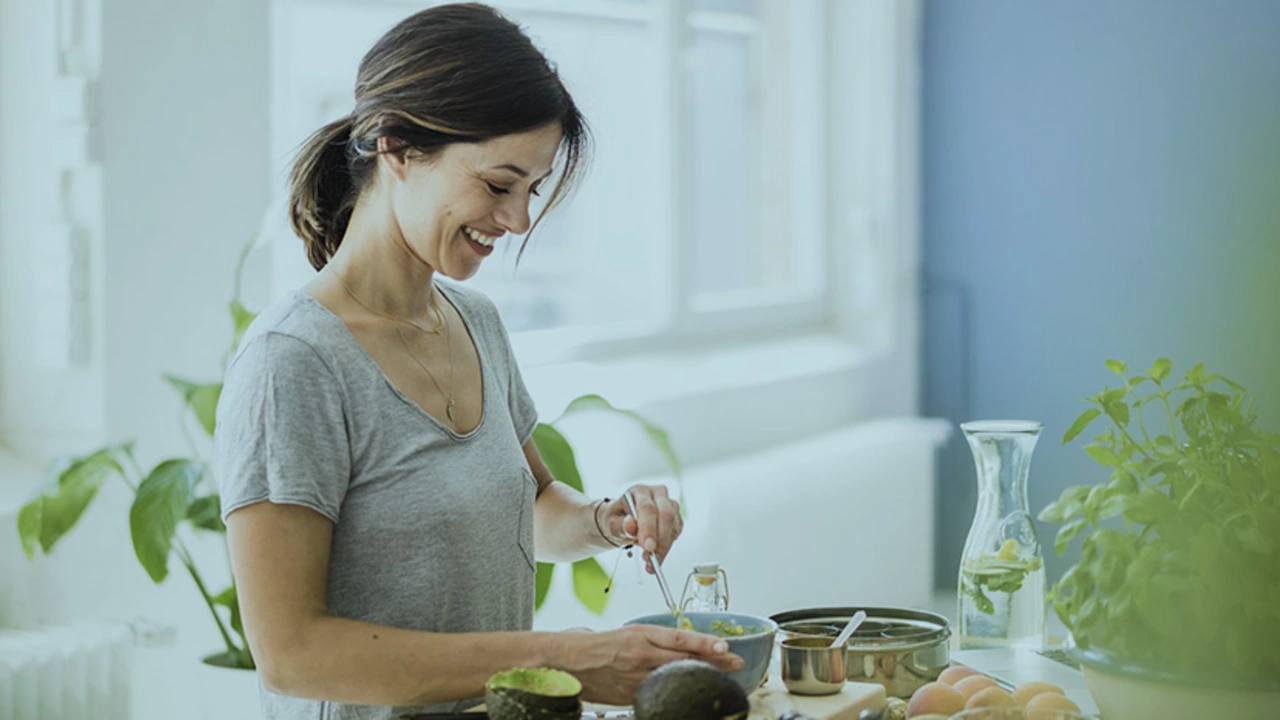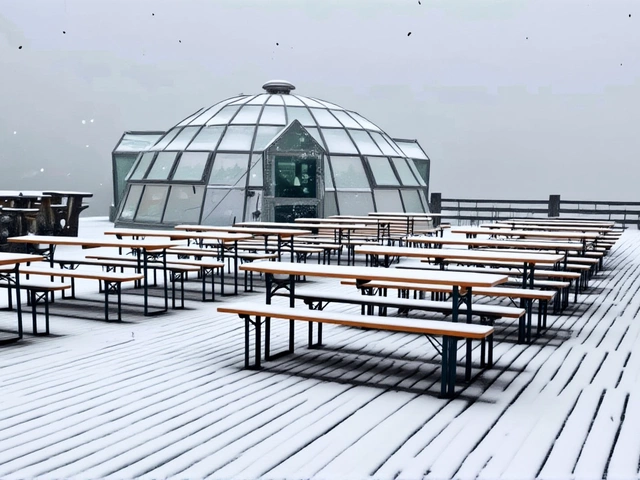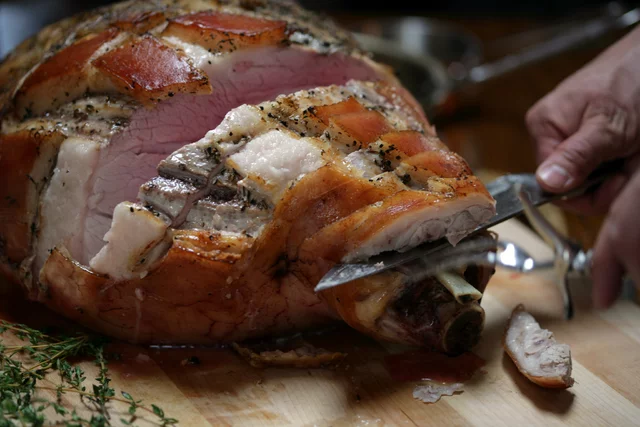Eye-Opening Cooking Blunders
Let's dive into the vast ocean of cooking practices that we tend to overlook, but ideally should avert. After gorging and nurturing on Austin's culinary delights for several years, I've had my fair share of lessons in the kitchen. Thanks to these top ten worst cooking practices, I've realized there's always room for improvement when it comes to cooking. Here's what I've picked up along the way.
Cracking the Code to the Burned Base
Oh, the smell of burning food. I too was once a culprit, frequently scorching my meals due to high heat or bad timing. Time, attention, and heat matter in the kitchen. Too much heat can transform your delicious meal into a charred catastrophe. In my freshman year, I once left a pizza in the oven for too long. The result? A pizza that resembled an overused frisbee. After several such incidents, I discovered that all recipes aren't just about the ingredients; heat also plays a fundamental role. Cooking on high heat throughout is a classic kitchen blunder. It's wise to start off with medium heat or as advised in the recipe. Work your heat controls and be patient because good food, like good life, takes time.
Chopping Off the Kitchen Myths Around Knifing
The movie-like image of fine dicing and mincing onions in a flash might seem like an aspiration, but trust me, it's not always the best idea. Chopping ingredients improperly can affect the food’s taste and cooking time. Different ingredients need different sizes of cuts. A finely chopped onion will blend into the dish differently than a roughly minced one. Once, I eagerly diced all my veggies tiny as if they were meant for a dollhouse meal. That’s when I learned the awkward truth, small pieces invariably cook faster and often overcook. So, unless you're intentionally going for a mush, measure your cuts, folks.
The Implications of Overspicing
We all love to add a dash of spice to life, but adding too many spices in cooking isn't quite the same euphoria. Pepper, salt, and chili can make or mar your dish. Just one tiny mistake of mismeasurement can lead to a disaster that not even a seasoned chef like me (pun intended) can fix. I remember a disaster during our annual Christmas dinner where I misread 1/4th teaspoon of black pepper as 1 table spoon. The resulting gravy had everybody's eyes watering and noses running. So, the key is, measure your spices, blend them well, and avoid excessive seasoning.
Misinterpretation of the Role of Oils
Just like Batman needs Robin, food needs oil. It’s the sidekick that makes the hero food shine. But as good as it can be, oil is a double-edged sword in cooking. One, never re-use the oil from a previous cooking session. And two, each oil has its smoking point. Like flaxseed oil, which cannot handle a high degree of heat. One evening, I attempted to deep fry some chicken with flaxseed oil, only to turn the house into a foggy landscape. So, know your oil’s limits. From the suited-for-cold-uses like flaxseed and walnut oils, to the heat resistant variants like canola and peanut oils. Otherwise, you might end up initiating an unexpected smoke session.
The Misadventure of Not Resting Your Meat
If you're like me, the allure of a juicy steak straight off the grill can be very tempting. But once I learned that allowing meat to rest for about 10-20 minutes after cooking helps to redistribute the juices throughout, I never rushed again. This one time, I tried to carve my turkey right after taking it out of the oven, and all the delicious juices ended up on the chopping board instead of in my mouth. It was a sad day. Therefore, let your meat take some rest post cooking, folks. Trust me; you'll thank me later.
Defrost Do's and Don'ts
Shifting the freezer-chilled chicken directly to the sizzling pan might seem practical when in a rush, but you’re compromising on both taste and health. Once, I decided to cook dinner after pulling an overnighter working on a manuscript, and I used meat right out of the fridge. The texture and flavors were off, and my family could not stop commenting on it. The right practice is to store meat in the refrigerator section to thaw naturally for a day before cooking, or if you are running short of time, use the defrost function in your microwave.
Adding Food to the Drain – Worse than it Sounds
I become a responsible chef when I learnt about what goes down the drain and what shouldn’t. Disposing of leftover food in the sink can seem like a quick and easy escape, but it often leads to blockage and bad odour. No one wants their home to smell like a two-week-old potato salad. So, it's better to dispose of leftover food in compost pits or green waste bins. A lesson I learned the hard way when I had to unclog my sink after lazily stuffing a pile of vegetable peelings down the drain.
Being Blase About Cross-contamination
Keeping your veggies and meat on the same chopping board is as dangerous as it sounds. Cross-contamination is a real issue, folks. I didn't recognize the risky repercussions until a friend of mine fell sick due to salmonella infection. The reason? Using the same cutting board for veggies and raw chicken. So, to avoid a similar mistake, maintain separate cutting boards and ensure proper cleaning after each use.
The “I don’t need a recipe” Attitude!
On my journey of culinary exploration, the biggest myth I busted is - recipes aren't just for newbs. Whether you're a beginner or seasoned chef, adhering to recipes not only provides proper measurements and heat settings, but it also instills a sense of discipline. Recalling my experiment when I deviated from the recipe and substituted apple cider vinegar with white vinegar to marinate the chicken, the taste did not resemble the food we were expecting! From then on, I swore by recipes and often reread for the steps.
As they say, "mistakes are proof that you're trying." We have all made ridiculous blunders in our kitchens at some point. It's the mishaps and blunders that make us better cooks. However, it doesn't hurt to learn from my mistakes and avoid these notorious ten the next time you roll up your sleeves for the love of food.





